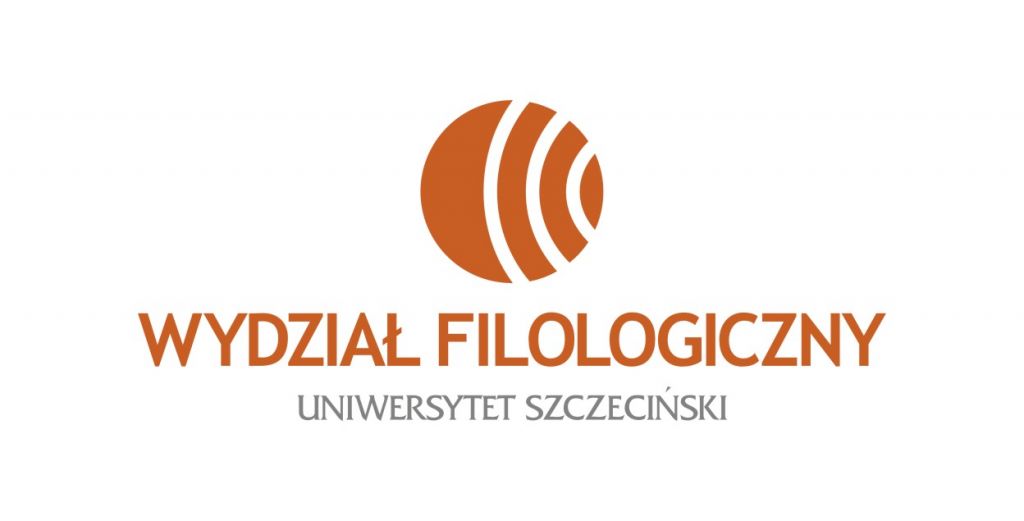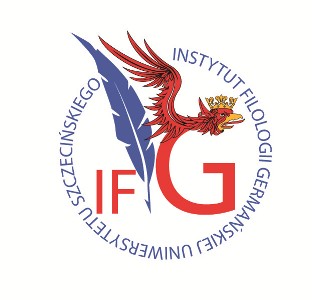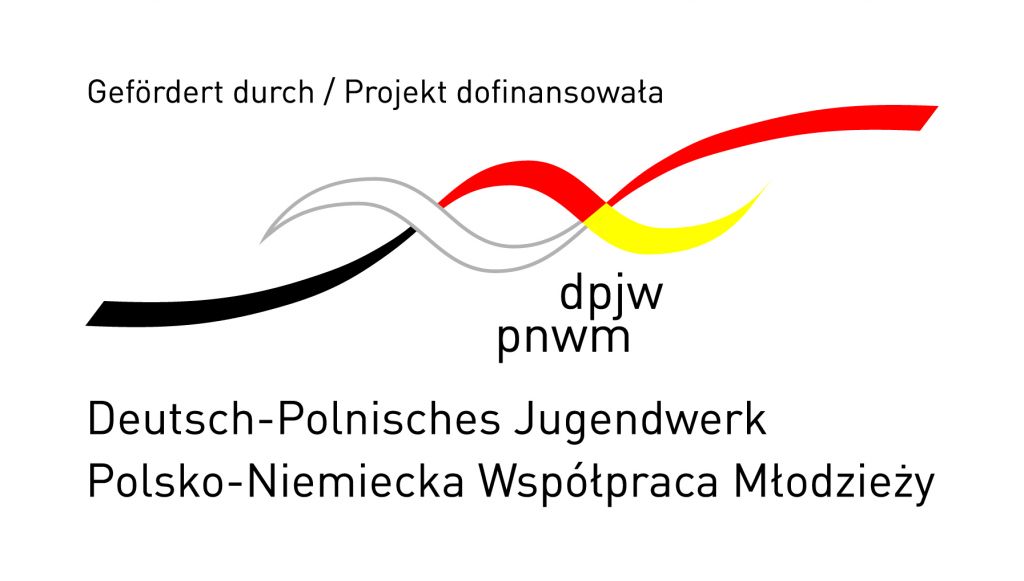Electronic News – DEKRA Hochschule für Medien
Electronic News is an interdisciplinary and intercultural project in the field of new media education, carried out in cooperation with DEKRA Hochschule für Medien in Berlin, the Academy of Art in Szczecin, and the University of Szczecin. Students and lecturers write about the events taking place as part of Szczecin European Film Festival ’16 and document them in Internet media throughout the festival. The project includes every stage of creating “electronic news”: research, editing, production, post-production, and broadcasting. It results in daily coverage, interviews, mini-reportages, and reviews published in the form of a live blog administered by professionals. The participants of the project co-create festival events in a way that is practical and develops the ability to collaborate in an international group. They take part in discussions concerning the place of new media in the contemporary world, learn how to be a journalist in an online editorial board, and co-organise talks with filmmakers and specialists. The European film festival therefore becomes a “practical laboratory for culture.” The international formula of the projects, including youth from Poland and Germany, together with the broad variety of topics (the lastest films touching upon issues that are important today) become the perfect ground for shaping intercultural dialogue.
The partners of Electronic News are the University of Szczecin and the Academy of Art in Szczecin.
The project is co-financed by the German-Polish Youth Office (DPJW/PNWM).
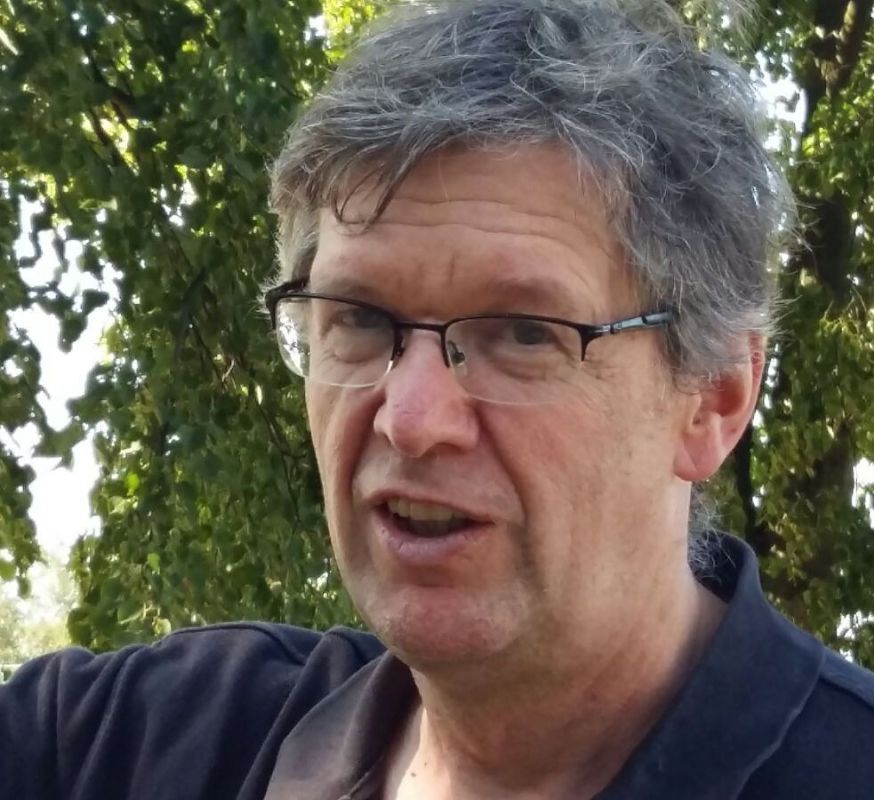
Rolf Teigler
Born in 1957, graduated from Deutsche Film und Fernsehakademie in Berlin. For many years he has worked as author, director, and producer of documentaries, short films, and commercials. He has been a lecturer for script writing and directing in different film schools and media classes. Since 2012 he has been responsible for the BA course in television and film at DEKRA Hochschule für Medien, University of Applied Sciences in Berlin. His main interest is finding new and innovative forms of narration in the digitalised film world.
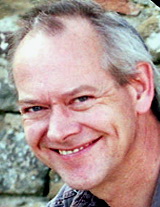
Klaus Dörries
Klaus Dörries was born in Düsseldorf, studies at the Berlin University of the Arts (Universität der Künste). He works as an independent publisher and director, and also as associate professor at DEKRA Hochschule für Medien, University of Applied Sciences in Berlin (faculties of film editing and post-production, and history of film). He also writes for the cultural section of Rias-TV.
DEKRA Hochschule für Medien, University of Applied Sciences is a Berlin university offering three educational paths: television and film, Internet broadcasting and journalism, and media management. The school's graduates receive a Bachelor's degree. Recently the university has opened Masters programs in television and film culture, as well as media and communication management. The staff is deeply connected with the media industry, and the students can make use of their personal contact networks, experience, and the knowledge of the industry itself. DEKRA Hochschule für Medien expects a high-quality work ethic, engagement, and extra-curricular activities from students and faculty to facilitate the development of individual potential, talents, and personalities. The school's partner's are institutes of science, non-government organisations, film studios, as well as TV and radio stations, and publishing houses.
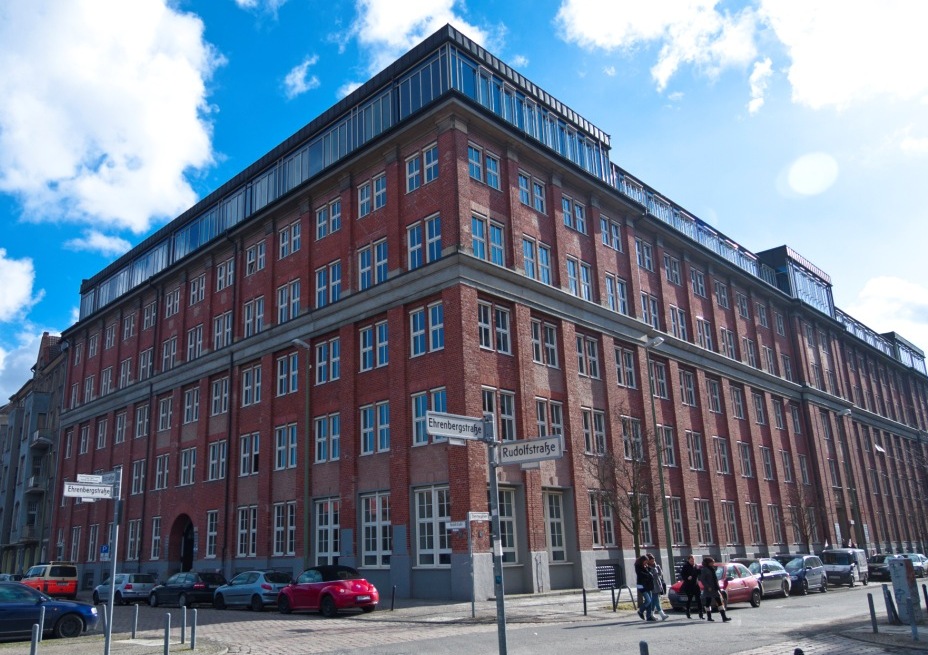
POLSKO-NIEMIECKA WSPÓŁPRACA MŁODZIEŻY
The German-Polish Youth Office (DPJW/PNWM) is an organisation which was founded in 1991 by the governments of Poland and Germany. It offers financial and substantial support that encourages meetings of young Poles and Germans. It is the only institution in Poland with the legal personality of an international organisation. Its operations are financed with the contributions from both member governments. It supports exchange projects (for schools and outside the educational system) with youth from Poland and Germany, but also from another, third country. The institution also does publishing and offers trainings, conferences, and other programs for the organisers of youth meetings. One of the topical priorities of the organisation is history and education for sustainable development. In over 20 years DPJW/PNWM has supported 65 thousand youth projects with 2.5 million participants from Poland and Germany.


